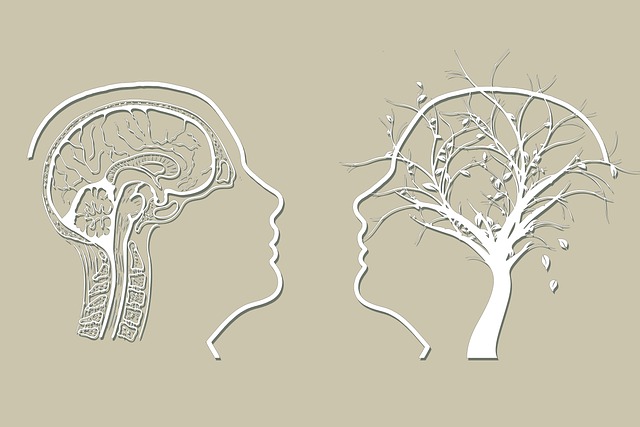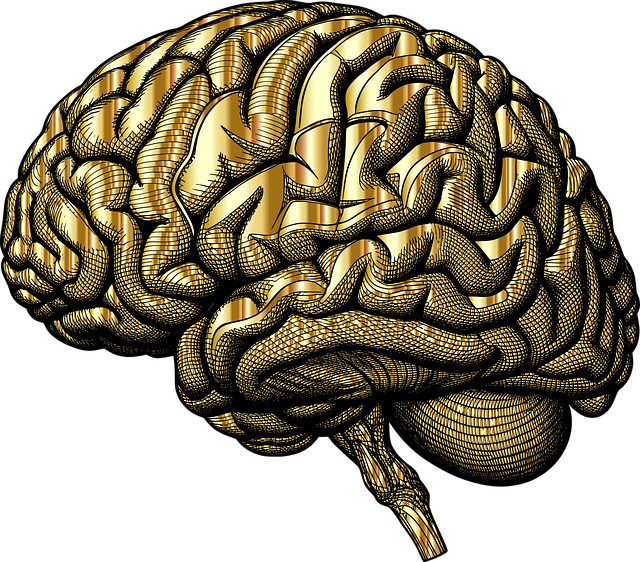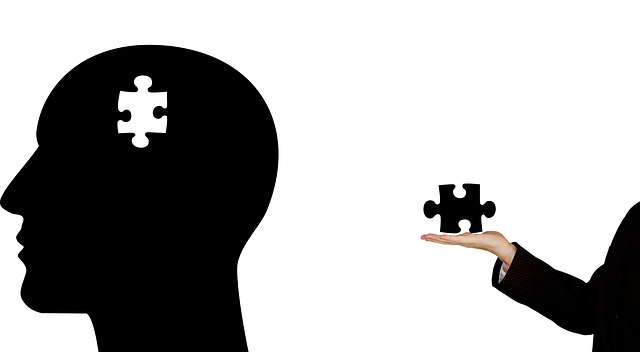Positive thinking and mindfulness meditation are powerful tools in therapy for young adults with eating disorders, addressing emotional trauma, low self-esteem, and negative body image. Techniques like journaling and gratitude exercises enhance emotional intelligence and mental wellness. Regular progress tracking helps individuals set specific goals, improve mood management, and gain insights into effective self-care practices, fostering resilience and sustaining positive changes long after formal treatment ends.
“Unleash the power of positive thinking as a transformative tool for young adults facing eating disorders. This comprehensive guide explores how cognitive strategies can disrupt negative thought patterns, fostering recovery and resilience. From identifying distorted thinking to practical exercises, we navigate the path to healthier mindsets. Learn effective methods for implementation in daily life, track progress, and sustain positive changes. Discover how this evidence-based approach complements therapy for young adults struggling with eating disorders, offering a holistic route to healing.”
- Understanding Positive Thinking and Its Impact on Eating Disorders
- Identifying Negative Thought Patterns in Young Adults
- Practical Implementation of Positive Thinking Exercises
- Tracking Progress and Sustaining Positive Changes
Understanding Positive Thinking and Its Impact on Eating Disorders

Positive thinking is a powerful tool that can significantly influence individuals struggling with eating disorders, especially in therapy for young adults. Eating disorders often stem from complex emotional and psychological factors, including low self-esteem, negative body image, and trauma support services. By focusing on positive affirmations and reframing negative thoughts, individuals can begin to challenge these distorted beliefs and develop a healthier mindset. This shift in perspective can lead to improved overall well-being and recovery.
Incorporating positive thinking exercises into therapy for young adults with eating disorders provides an opportunity to enhance emotional intelligence and burnout prevention strategies for healthcare providers. Through regular practice, patients can cultivate resilience, learn to manage stress, and develop coping mechanisms that promote a more balanced relationship with food and their bodies. Understanding the impact of positive thinking is essential in addressing these challenges, as it offers a holistic approach to recovery, going beyond the physical symptoms to address the underlying emotional trauma support services.
Identifying Negative Thought Patterns in Young Adults

Many young adults struggle with negative thought patterns that can significantly impact their emotional well-being and even contribute to conditions like eating disorders. Recognizing these internal dialogues is a crucial step in therapy for young adults eating disorders. Through mindfulness meditation, individuals learn to observe their thoughts without judgment, helping them identify recurring negative themes.
This process allows for the development of inner strength by challenging and replacing unhelpful thought patterns with more positive and realistic perspectives. By integrating emotional well-being promotion techniques into daily routines, young adults can cultivate a healthier relationship with themselves and their bodies, fostering resilience against disordered eating behaviors.
Practical Implementation of Positive Thinking Exercises

The practical implementation of positive thinking exercises is an accessible and powerful tool for young adults navigating eating disorders and seeking therapy. These exercises offer a way to challenge negative thought patterns, fostering emotional intelligence and mental wellness. A simple yet effective method is journaling, where individuals can record their thoughts and feelings daily. Encouraging them to reflect on achievements, no matter how small, can shift their perspective and build resilience.
For instance, a mental wellness journal guidance might include prompts like “What am I grateful for today?” or “What positive action did I take that made me feel empowered?”. These questions help in focusing on personal strengths and experiences, ultimately providing trauma support services by creating a safe space for self-reflection and healing. By regularly engaging in such exercises, young adults can develop the skills to recognize and change negative thought cycles, contributing to improved emotional well-being.
Tracking Progress and Sustaining Positive Changes

Tracking progress is a vital component of any positive thinking exercise, especially for young adults navigating therapy for eating disorders. Regularly assessing one’s thoughts and behaviors allows individuals to identify patterns and areas that require continued focus. This process empowers them to take ownership of their mental health journey and celebrate small victories along the way. By setting specific, measurable goals and recording achievements, young adults can foster self-esteem improvement and better understand their triggers, leading to more effective conflict resolution techniques.
Additionally, tracking progress helps maintain momentum and sustains positive changes. Visualizing improvements over time boosts mood management skills, reinforcing a sense of accomplishment and resilience. It encourages individuals to reflect on their strengths and the strategies that have proven beneficial, providing valuable insights for ongoing self-care practices. This proactive approach ensures that young adults remain engaged in their therapy, even after formal treatment sessions conclude.
Positive thinking exercises offer a promising approach in therapy for young adults suffering from eating disorders. By identifying and challenging negative thought patterns, individuals can cultivate a healthier mindset and improve their relationship with food. The practical implementation of these exercises, coupled with tracking progress, enables sustained positive changes. This article has provided valuable insights into understanding and implementing positive thinking as a complementary strategy in addressing eating disorders among young adults.














